Based on the comment I wrote in response to Michael Lind's article, Artless: Why do intelligent people no longer care about art? Reading it first might help.
Any examples I've used here link directly to the artist's website. Please click through and check out their stuff.
I think the point this author completely fails to see is the decentralization of art, largely due to the internet-- how art is found, sold, and shared. Every point in this article reinforces that Lind is trying to apply 20th Century modes of thinking to the internet age. See:
““the fine arts”— defined, since the late 18th century, as painting, sculpture, orchestral or symphonic music, as distinct from popular music, and dance/ballet.”
While that is the classical definition, it seems to me such an antiquated view I'm shocked it wasn't elaborated. How do you define painting? Does digital painting fall into this narrow category? What about graffiti, street art, or stencil painting?
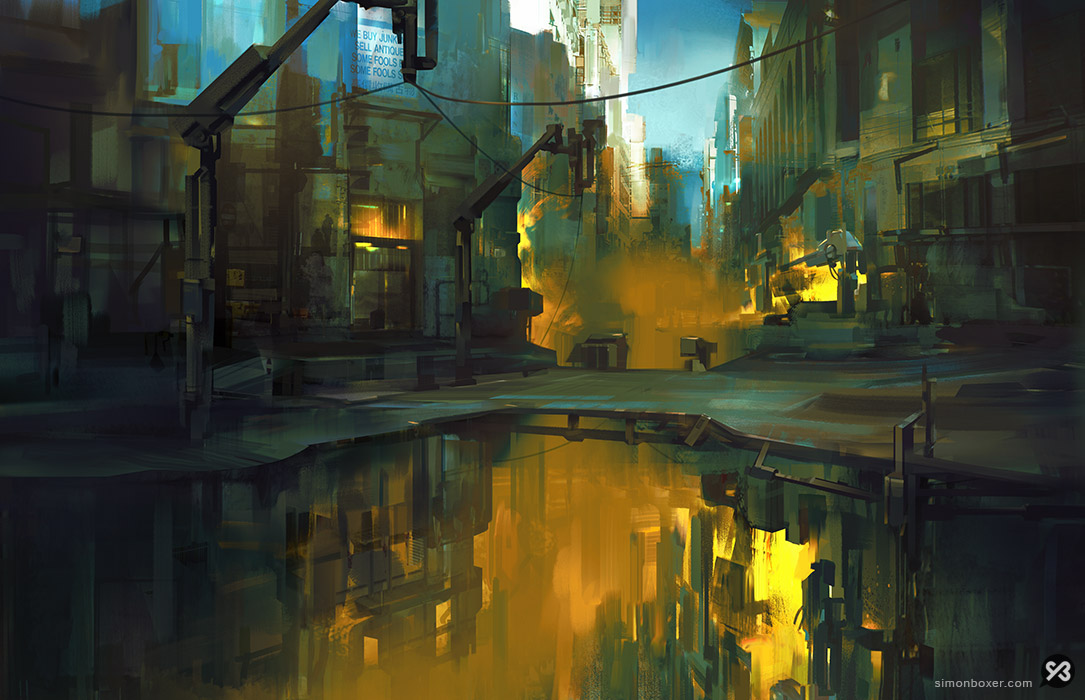
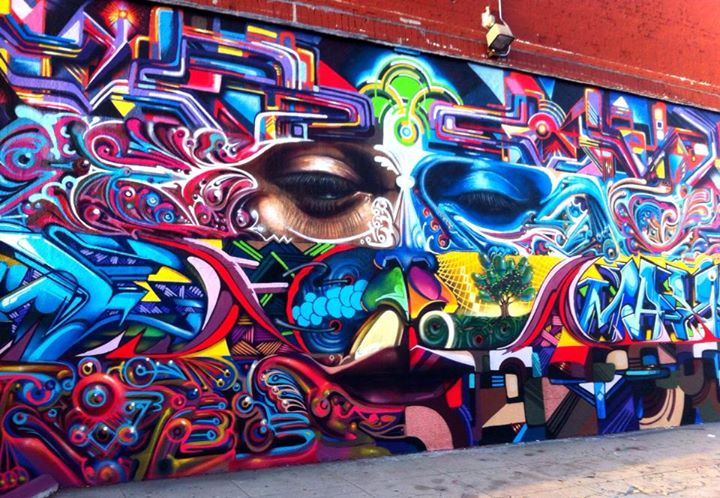
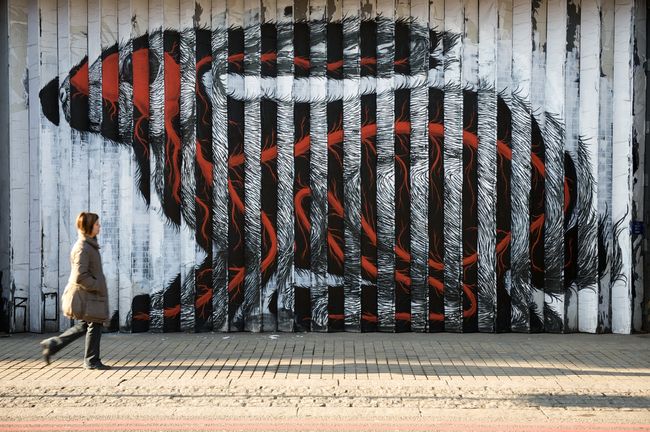
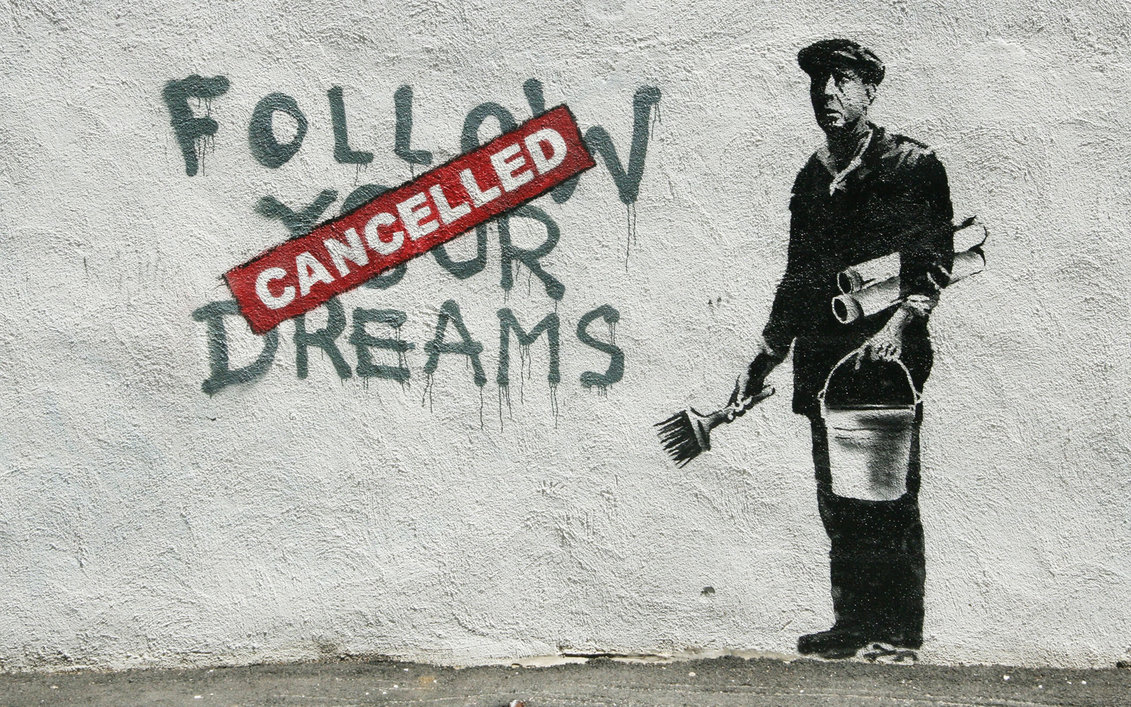
What about sculpture-- does digital modeling and 3D printing count? My [former] university printed some gorgeous pieces for a symposium last year, and they were never touched by a human hand. Artistic creativity is increasingly expressed digitally, extruded into the physical world not through the labor of a sculptor's workshop, but by engineered automation. Are the following works somehow less "fine" because of that? I see in Grossman's work the beauty of mathematics expressed visually.
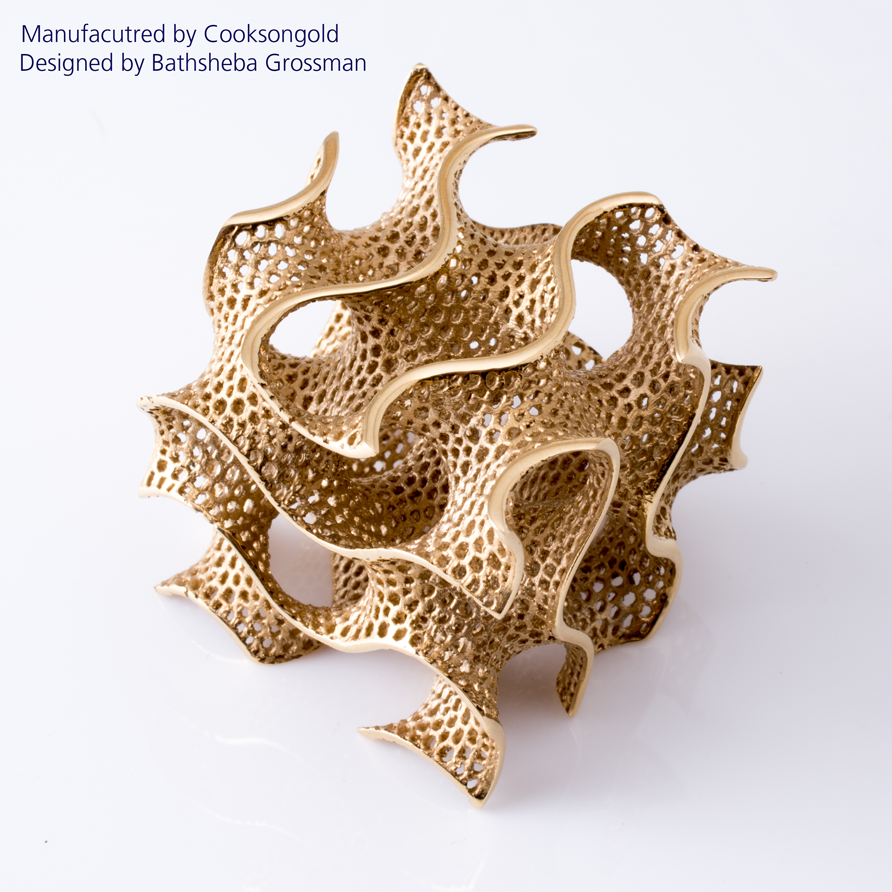
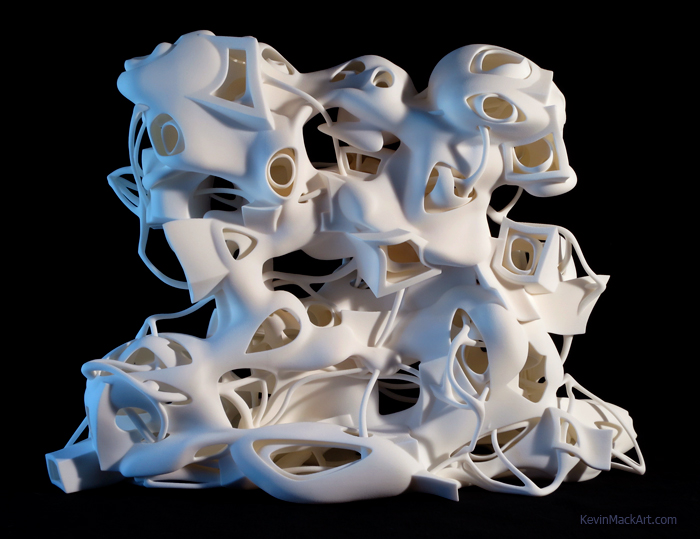
How does one define "popular music"? Before the internet this was just the music playing on the radio. Now, with the splintering of music genres and digital distribution platforms, there are artists selling out tours you and I have never heard of.
In terms of "symphonic" music, I love the work of Simon Green a.k.a Bonobo, whose compositions weave intricate layers of electronic and instrumental samples into tapestries of downtempo sound. He literally tours with a 20 person orchestral ensemble. Is his music less fine because he stands behind a mixdeck?
What about dance-- does hip-hop count? Breakdancing? Finger tut, krump, or pole dancing? How do you categorize a production that combines the traditional "fine" forms of dancing with modern and jazz? Hamilton is one of the most wildly successful Broadway productions of all time-- is it less fine because the music is largely rap?
“The “back of the book” in widely-read journals like The New Republic and The Nation regularly reviewed the latest developments in the New York “art scene.””
This is criticism of the decentralization of the art world, not the lack of interest in art itself. So there's no longer a single place from which the bourgeois draw their dinner conversation-- /r/Art has over 3 Million subscribers [7/17/17: over 11 Million]. Deviantart is bursting with young artists of every medium. Art.ly has been massively successful bringing (the author's definition of) fine art into the 21st century. I'm sure there are blogs and websites devoted to the type of art scene criticism Lind is talking about here, but probably not a single elevated source.
“There is still an art world, to be sure, in New York and London and Paris and elsewhere. But it is as insular and marginal as the fashion world, with a similar constituency of rich buyers interacting with producers seeking to sell their wares and establish their brands”
I don't understand-- is this not how the art world has always operated? Maybe I'm revealing my age here, but as far as I know the art world has always operated by the fiscal whims of the extremely rich, even if "the American gentry" were able to discuss those whims intelligently.
If anything, crowdfunding platforms like GoFundMe and Patreon have made the art world less insular and less marginal. My ability to find and fund artists that I appreciate is far easier today than at any point in human history.
The opinions of the very few art buyers and critics of the world are no longer the sole source for artistic information and criticism. Indeed, they no longer control the avenue for success in art-- the internet has enabled the artist to connect directly with their potential customer.
In short, I think what has been lost in the art world is not interest, but control. Control of what is considered "fine" in art, control of the means of exposure, and control of the methods of distribution.